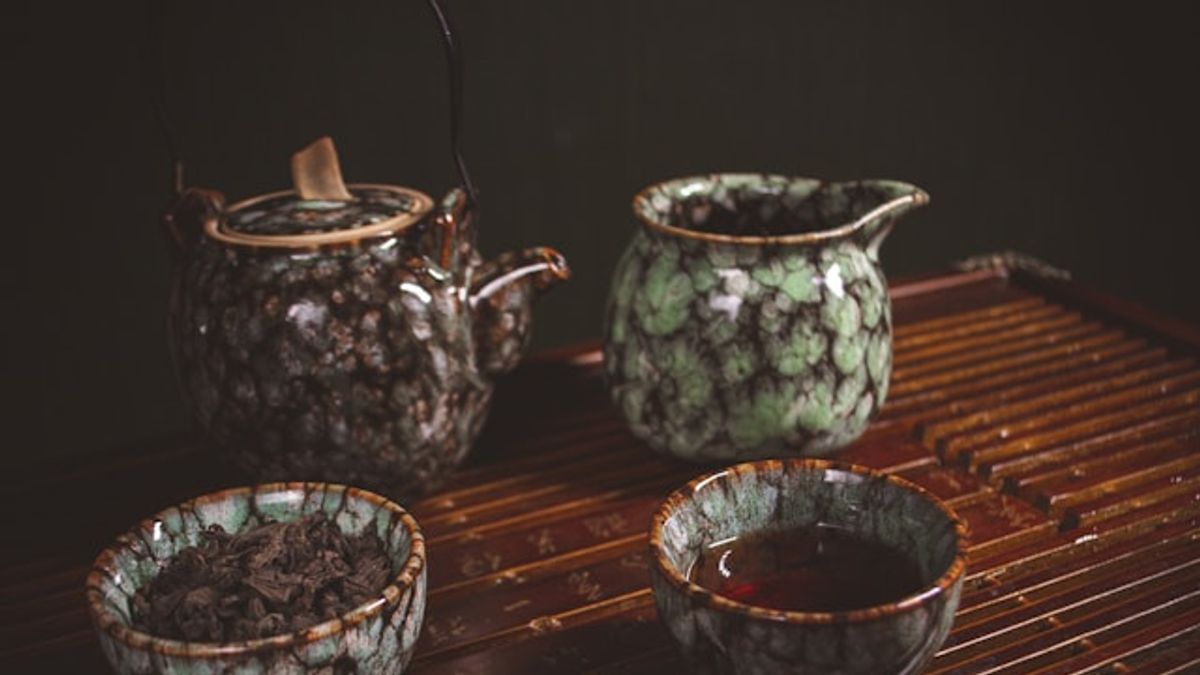YOGYAKARTA - Black tea is one of the most famous types of tea and is widely consumed around the world. With a strong taste and large caffeine content, black tea has several health benefits, including increasing vigilance, helping digestion, and supporting heart health. However, despite its many benefits, not everyone is advised to consume dark tea regularly. There are several groups of people who are not recommended to drink black tea for various health reasons.
Groups of people who are not advised to drink the first black tea are those who suffer from stomach acid disorders, a kind of gastritis or stomach acid disease (GERD). Black tea has caffeine and tannin acid which can increase gastric acid production, worsen symptoms of heart disease, and acid reflux. If someone with this state consumes black tea, they may feel more severe symptoms. Alternatively, herbal tea without caffeine such as chamomile tea can be a safer choice.
Pregnant and lactating women are also a group that is not recommended to drink large amounts of black tea. The caffeine content in black tea can affect fetal development, especially in the first trimester of pregnancy. Caffeine can pass through the placenta and reach the fetus, which does not yet have the ability to metabolize the substance properly. Consumption of excessive caffeine can also increase the risk of miscarriage. Not only that, in breastfeeding mothers, caffeine that enters breastfeeding can cause the baby to become fussy and has difficulty sleeping. Therefore, restrictions on caffeine consumption must be carefully considered by pregnant and lactating mothers.
People suffering from iron deficiency anemia should also stay away from consuming black tea. This is due to the content of tannin in black tea which can inhibit the absorption of iron from food, especially iron from plant-based sources. For people with anemia, iron is very important to help the formation of red blood cells. Consumption of black tea can worsen the state of anemia, so that this group of people with iron deficiency is not advised to drink black tea, especially when eating or eating immediately.
Because of its high caffeine content, black tea can disturb sleep patterns when drunk before bedtime. People with insomnia or other sleep disorders include groups of people who are not recommended to drink dark tea, especially in the afternoon or at night. Caffeins can increase their vigilance and make it difficult to sleep, so they should be avoided for those who want to maintain sleep quality.
Groups of people who are not advised to drink black tea next are those who have high blood pressure or hypertension. Caffeine in dark tea can increase blood pressure while time after consumption. For those who are sensitive to caffeine, especially a cup of black tea can trigger a significant increase in blood pressure. Therefore, hypertension sufferers are recommended to reduce or even stay away from drinks that have caffeine, including black tea.
There are several types of drugs that can interact negatively with caffeine or other substances contained in black tea. For example, certain drugs for the heart, thyroid disorders, or antidepressants can be related to caffeine, causing side effects that are not desirable. Therefore, if you are undergoing certain treatment, you should consult a doctor whether black tea is safe for you to consume or not.
Injecting more complete refrension You also need to read: Knowing The Typicality Of Black Tea For Diabetics, Research Results In 42 Countries
So after knowing the group of people who are not recommended to drink black tea, see other interesting news on VOI.ID, it's time to revolutionize news!
The English, Chinese, Japanese, Arabic, and French versions are automatically generated by the AI. So there may still be inaccuracies in translating, please always see Indonesian as our main language. (system supported by DigitalSiber.id)










